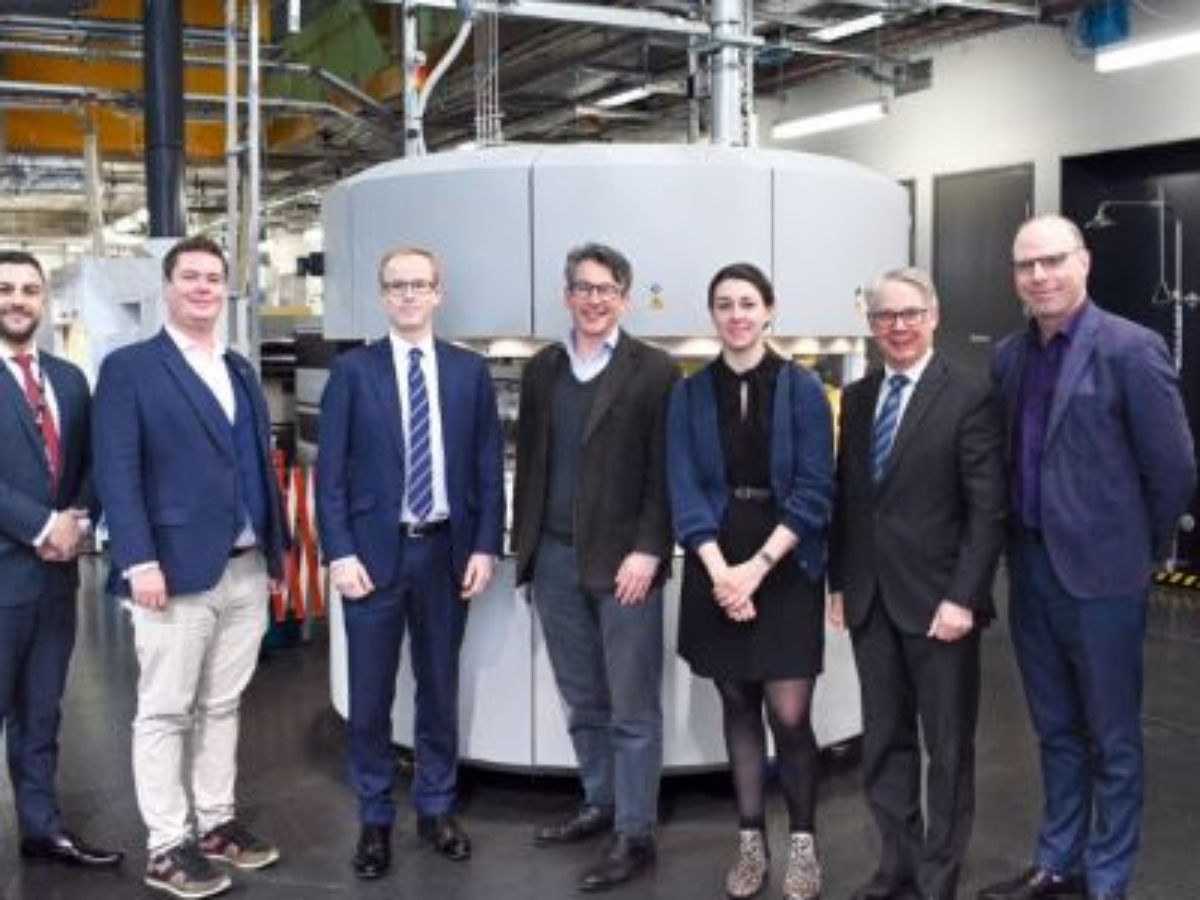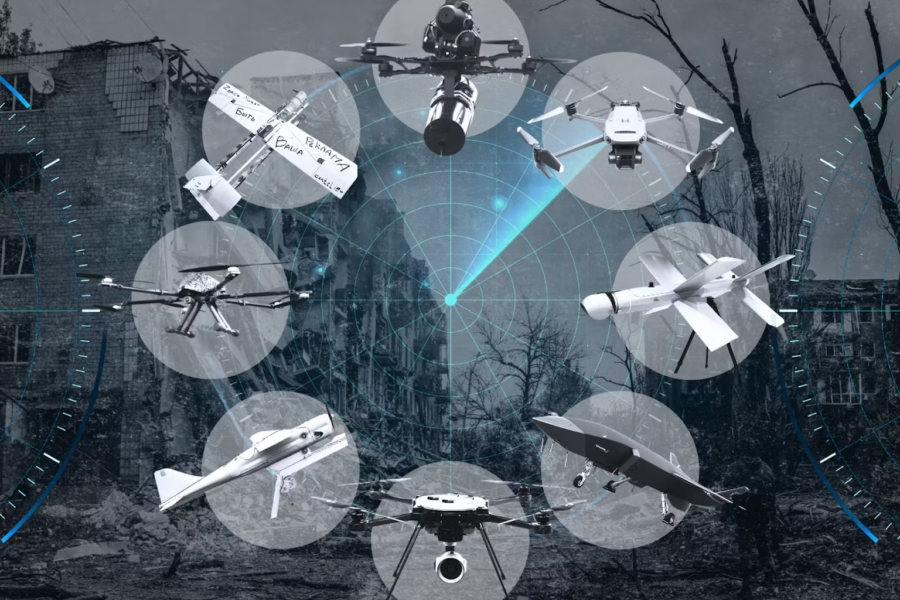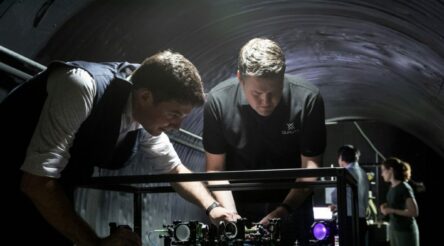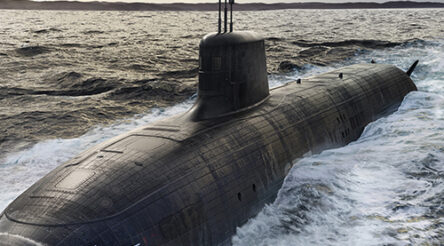Airbus contracts UNSW to develop new solar cells

Airbus Defence and Space has selected the University of New South Wales (UNSW) to develop high efficiency solar cells to be used in space.
A three and a half year research project will help push the performance of photovoltaic solar cells for space to the limit, both in terms of efficiency and radiation stability to withstand the rigors of space.
The project will be led by Professor Ned Ekins-Daukes of the UNSW Sydney School of Photovoltaic & Renewable Energy Engineering who previously developed ‘nanostructured, strain-balanced photovoltaic absorbers', according to a statement.
Professor Ned Ekins-Daukes said: “Our research on high efficiency solar cells can help extend the operational life of a spacecraft and lead to light-weight, lower-cost solar arrays.”
“We are excited to work with a global leader in the space industry, opening opportunities for commercialisation of this technology in Australia and internationally.
Ekins-Daukes said that partnering with Airbus’ experts would help the university to understand the broader aerospace industry requirements for solar power and realise the full potential of solar power technologies.
The research project involves a focus on the solar cells that are presently used to power spacecraft composed of several different layers of semiconductor materials that selectively absorb different parts of the solar spectrum.
This selectivity enables the solar cells to operate more efficiently than the standard silicon solar cells used on domestic rooftops.
The project will explore the merit of introducing patterned, non-planar layers into the solar cell structure, a technique known as interstitial light-trapping, which can further confine particular wavelengths of light into particular layers of the solar cell.
The Managing Director Airbus Defence and Space UK Richard Franklin said: “We are pleased to partner with UNSW Sydney for such an exciting development.
“This is another example of the world class research capabilities to be found in Australia, and in partnering with UNSW Sydney, we aim to bring these leading-edge research results to applications in space.”
The project will be supported Dr Phoebe Pearce, a Research Fellow with the ARC Centre of Excellence for Exciton Science at UNSW and Dr Michael Nielsen, UNSW Scientia Research Fellow.
Picture: L-R: Joshua Sherman, UNSW; Martin Rowse, Airbus; Richard Franklin, Airbus; Professor Ned Ekins-Daukes, UNSW; Dr Phoebe Pearce, UNSW; Vice Admiral Professor Paul Maddison, UNSW; Warwick Dawson, UNSW.
Topics Defence
@aumanufacturing Sections
Analysis and Commentary Awards casino reviews Defence Gambling Manufacturing News Online Casino Podcast Technology Videos





